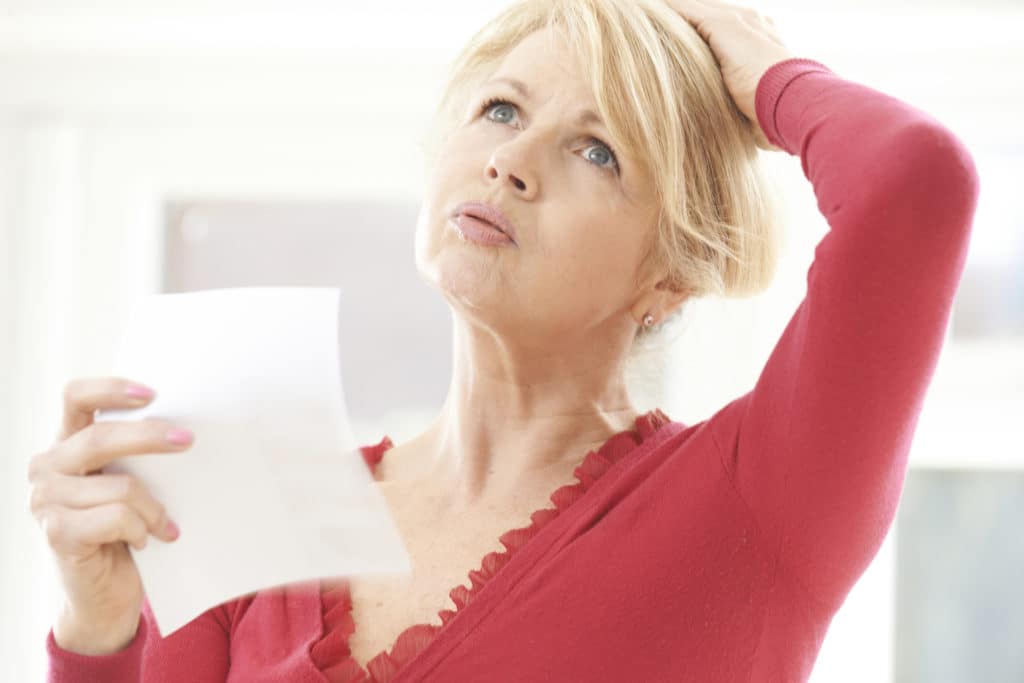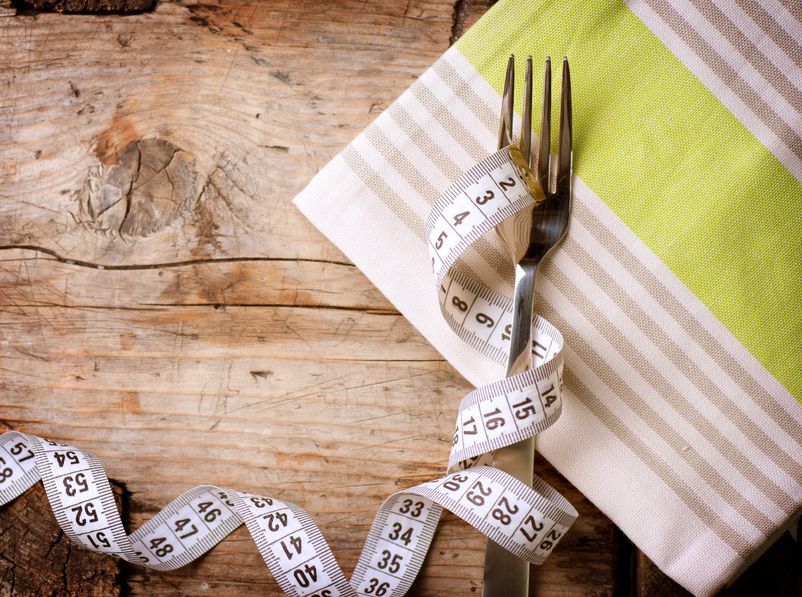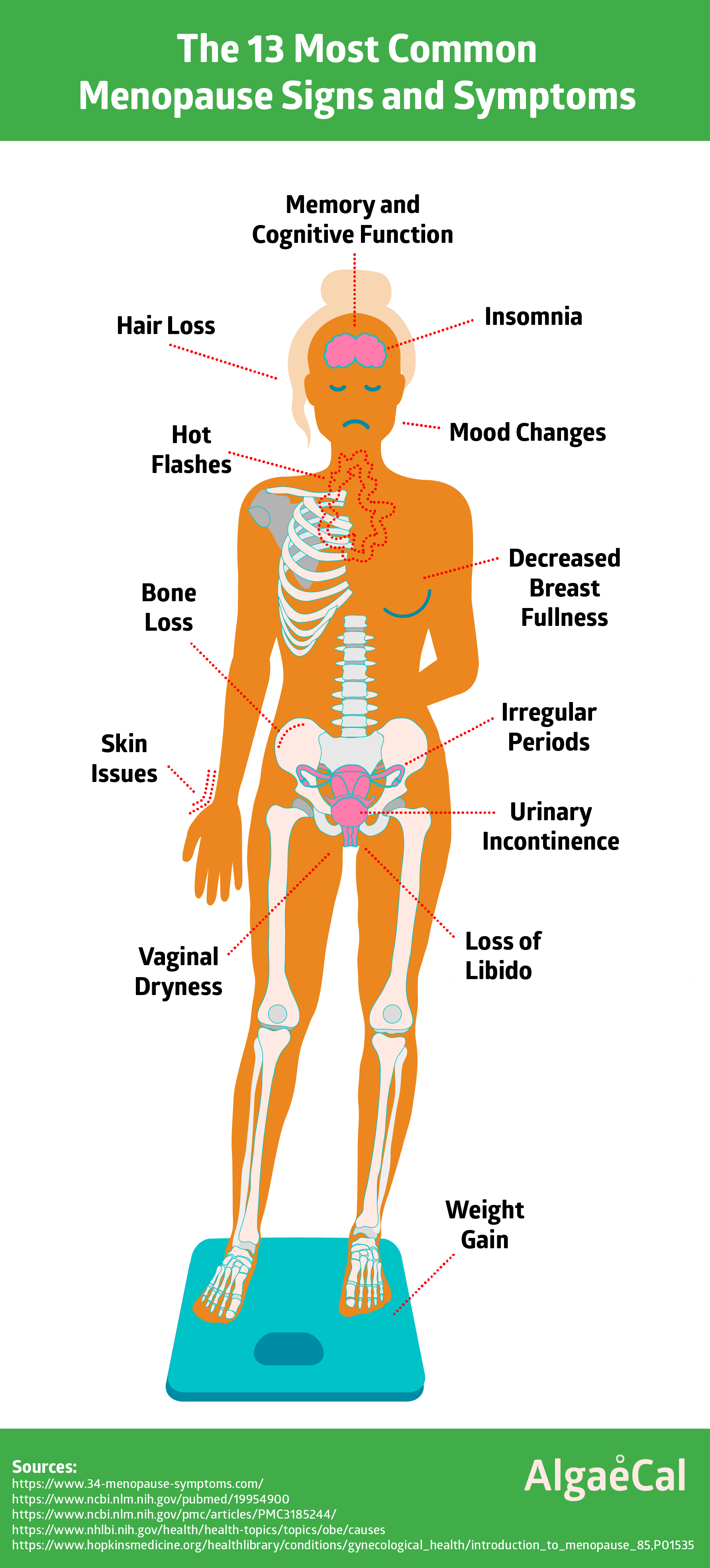Every woman is unique.
In body, genetics, and health history. And because of this, the signs and symptoms of menopause, including how they are experienced, are going to vary. (For an in-depth dive into menopause check out The Ultimate Guide to Menopause and its Effect On Your Bones – and natural approaches for menopausal symptoms).
These signs and symptoms are for the most part related to a decrease in two hormones: estrogen and progesterone. Both hormones play significant roles in the body. In addition to regulating the menstrual cycle, estrogen affects a woman’s entire reproductive system, cardiovascular system, urinary tract, pelvic muscles, skin, hair, mucous membranes, brain and bones.
Because of estrogen’s wide-reaching effects on the body, women may experience any range of the following…
[embed_infographic title=”13 Signs and Symptoms of Menopause” alt=”13 Signs and Symptoms of MenopauseInfographic” src=”algaecal.com/wp-content/uploads/The-13-Most-Common-Menopause-Signs-and-Symptoms.png”]
13 Common Menopause Symptoms
Irregular Periods
This is often one of the first observable signs that a woman is approaching menopause.
However, depending on the woman’s cycle, most will experience irregular periods – anywhere from three to ten years before periods stop completely. Your menstrual cycle is dependent on your hormones, so when they become imbalanced as menopause approaches, irregular periods often occur.
Vaginal Dryness
Estrogen and progesterone are key in regulating the vaginal mucous membrane. Therefore, a decrease in both may cause irritation or discomfort around the vaginal walls. In fact, vaginal dryness affects over half of postmenopausal women between age 51 to 60!
Menopausal-related vaginal dryness can also lead to pain during intercourse and arousal difficulties. Consider using water-based lubricant or a vaginal moisturizer to combat dryness.
Loss of Libido
Loss of libido is a lack of interest and desire in sexual activity. During menopause, as many as 20- 40% of women report loss of libido! Estrogen plays a crucial role in female sexuality as it assists in the production of vaginal lubrication and increasing sensations. With less estrogen being produced during this time, it may cause this symptom.
Hot Flashes
According to Johns Hopkins Medicine, about 75% of women experience hot flashes during menopause. Making them the most common symptom experienced by menopausal women!
Also known as “hot flushes,” they are considered a vasomotor symptom. Meaning, they disrupt the normal regulation of blood vessels resulting in perspiration and intense heat. Depending on the woman, the duration and frequency of hot flashes can vary. They can occur at any time of the day or night. Though they are often referred to as “night sweats” when they happen during sleep.
Insomnia
If you experience night sweats, it may be difficult for you to get a well-rested sleep. According to the National Sleep Foundation adults between 26-64 should get 7-9 hours of sleep per night, while older adults 65+ should get 7-8 hours per night.
If you are not within these ranges during menopause, consider relaxation techniques before bed, such as deep breathing, meditation or yoga. In addition, try to establish a bedtime routine and avoid technology one hour prior to bed.
Urinary Incontinence
You may experience frequent and abrupt urges to urinate, resulting in an involuntary loss of urine. Coughing, lifting or laughing can also cause urinary incontinence. You can strengthen your pelvic floor muscles with Kegel exercises or practicing your bridge pose.
If the incontinence and/or frequent need to urinate become excessive, contact your healthcare provider to discuss solutions. Women do experience a higher rate of UTIs (urinary tract infections) during menopause. If you experience a burning sensation in addition to the incontinence and frequent need to urinate, you may have a UTI and should seek treatment.

Mood Changes
In addition to hormone related mood variances, menopause is a major life transition and can be emotionally trying. Anxiety and irritability are common during menopause. Know that you’re not alone in experiencing these hormone related symptoms and that your mindset may also impact them.
Thirteen studies were reviewed to see the impact of attitudes towards menopause and women’s symptom experience. It was found that women with more negative attitudes during menopause reported more symptoms in general during the menopausal transition.
Memory and Cognitive Function
Perimenopause may have long term and contemporary (occurring only during menopause) effects on cognitive function. Symptoms like forgetfulness, fuzzy thoughts and trouble focusing are common.
The Seattle Midlife Women’s Health Study had 230 women from age 33 to 55 years old reveal their perceived cognitive function. 60% of the women noticed unfavorable memory change “over the past few years”. Stress, aging and physical health were linked to memory change more often than hormonal use and menstrual cycles. Meaning, it may be a combination of a few or all of these factors that contribute to declining cognitive performance.
However, you can protect your brain health with food or supplements. Fish oil and brain health have been linked in multiple studies. In fact, omega 3 fatty acids have been shown to reduce inflammation. Systemic inflammation in the brain specifically, has been linked to premature brain aging and decline associated with dementia and Alzheimer’s. Supplementing with a fish oil that contains clinical doses of the omega 3 fatty acids EPA and DHA, plus two potent antioxidants: turmeric curcumin and astaxanthin, will ensure you combat inflammation at its source – and protect your memory and cognitive function.
Hair Loss
Women may experience hair thinning and hair loss during menopause. This can occur on the top, front, side and back of the head. It is also not uncommon for large clumps to fall out during showers and brushing of the hair.
A decrease in estrogen and progesterone causes this as these hormones affect the hair growth cycle. Just as hair loss is common after pregnancy, similar symptoms happen during menopause because of hormone fluctuations.
Avoid chemical hair dyes and opt for nourishing products free of toxic chemicals.
Decreased Breast Fullness
Along with the decrease in estrogen production comes changes in fat tissue and collagen. There will be a decrease in the fatty tissue of the breasts and thus a decrease in size or fullness.
Skin Issues
In addition to a decrease in breast fullness, menopause is often accompanied by dry, itchy or thinning skin with decreased elasticity. A loss of collagen and fatty tissue, plus reduced estrogen are all factors.
Foods rich in skin-rejuvenating astaxanthin and healthy fats, such as salmon, and/or supplementing with these nutrients can help with age and menopause related declines in skin elasticity.
Weight Gain
Women gain an average of five pounds during menopause, according to the National Heart, Lung and Blood Institute.
Fat tissue deposition in the abdominal area is the most common area of weight gain. Being physically active, getting plenty of sleep and eating a healthy diet are the best ways to combat this.
Bone Loss
Hormonal changes during menopause dramatically affect your ability to maintain healthy, strong bones.
Estrogen, progesterone, and testosterone are hormones that are produced by the ovaries. These three fluctuate during menopause and can increase your risk of bone loss.
Estrogen is the most commonly discussed hormone when it comes to menopause. It plays a crucial role in the maturation and growth of bone. It also supports your body’s ability to absorb the calcium you consume. So when estrogen levels are reduced, your body has a more difficult time utilizing calcium. Making it a challenge to maintain healthy bone mineral density levels.
These inevitable changes in your hormones during menopause can significantly affect your bone health. To help avoid this bone loss due to hormonal changes, supplementation is crucial.
You may be thinking you can get the nutrients you need from your diet, but why take the chance when you can guarantee the exact minerals in their proper proportions for bone health.
AlgaeCal Plus contains ALL 13 known essential bone supporting minerals, including plant-based calcium. And it provides the vital vitamins C, D3, and K2 as well. When you’re going through menopause it’s crucial you feed your bones with the nutrients they need to avoid menopause-related bone loss. AlgaeCal just does this. For more go here.
[ac_banner name=”bbpbiking”]
Recommendations
The good news is, all these menopause-associated symptoms are naturally treatable and preventable.
This midlife transition does not have to be endured. Rather, it can be embraced!
Challenges like hot flashes, night sweats, a drop in libido, dry skin, mood changes, and an increase in bone loss are possible, not foreordained, occurrences during this time.
Check out our post: The Ultimate Guide to Menopause and its Effect On Your Bones for science-backed information on menopause and what you can do to sail through menopause without symptoms.






Makhosi
March 14, 2019 , 12:06 amHi I’m very happy about all I read here; I gain a lot of information; but only one question; my breasts are very sore, it might also sign of menopause? thank you so much to keep this information on the internet, most of my questions are answered